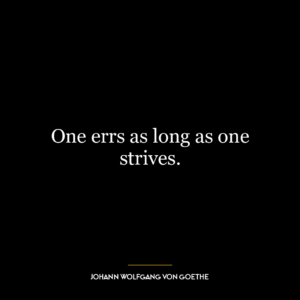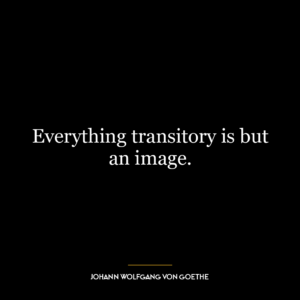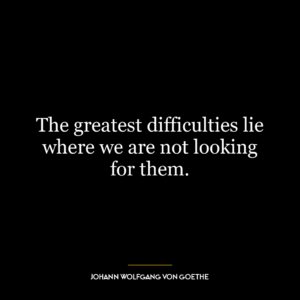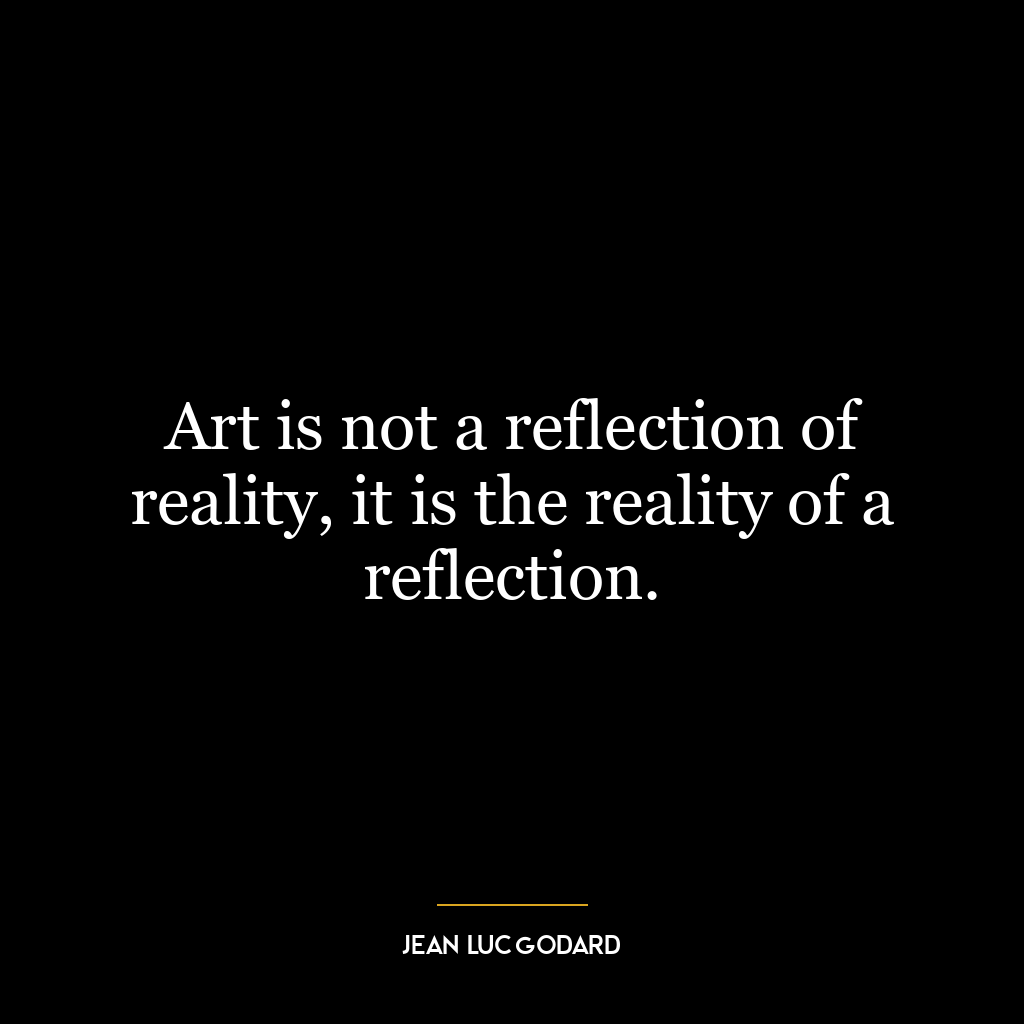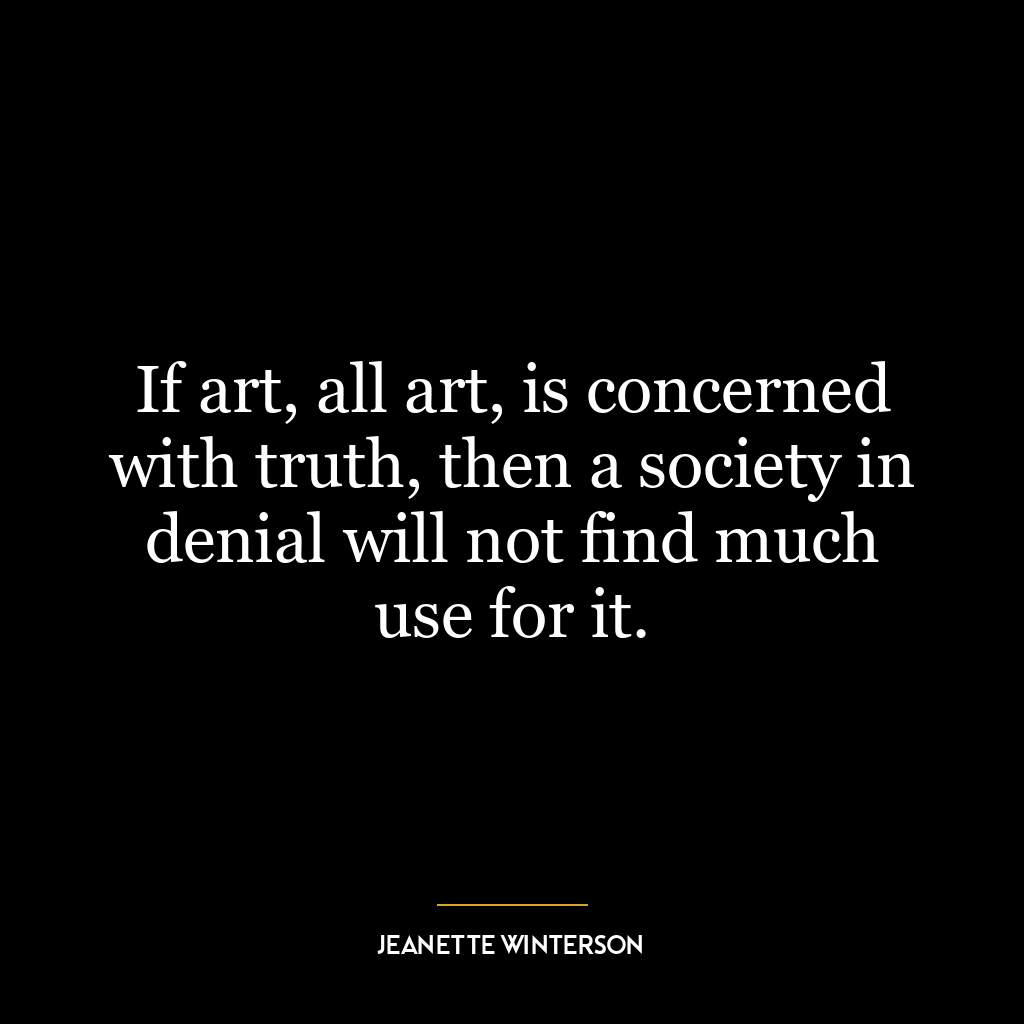A stated truth loses its grace, but a repeated error appears insipid and ridiculous.
This quote suggests that when a truth is stated or pointed out, it can lose its allure or grace. This could be because the mystery or the process of discovery is taken away, making the truth seem less valuable or interesting. On the other hand, when an error is repeated, it becomes tiresome, dull, and even absurd. This could be due to the fact that learning from our mistakes is a fundamental part of growth and development, and repeating the same error indicates a lack of learning or progress.
In the context of today’s world, this idea can be seen in the way we consume information. With the internet and social media, truths are often stated outright, which can make them seem less profound or meaningful. In contrast, repeated errors, such as the spread of misinformation or fake news, can seem increasingly ridiculous as they continue to occur despite being debunked.
In terms of personal development, this quote might be a reminder of the importance of learning from our mistakes and not repeating them. It also suggests that discovering truths for ourselves, rather than having them handed to us, can make them more valuable and meaningful. For example, someone might tell you that it’s important to have a good work-life balance. However, you might not fully understand or appreciate this truth until you experience the negative effects of neglecting your personal life for work. Once you’ve discovered this truth for yourself, it becomes more meaningful and impactful.
On the other hand, if you keep making the same mistakes in your personal or professional life, it can seem increasingly absurd, especially if you’re aware that you’re repeating these errors. This could be a sign that you need to reflect on why you’re making these mistakes and what you can do to learn from them and avoid them in the future.





